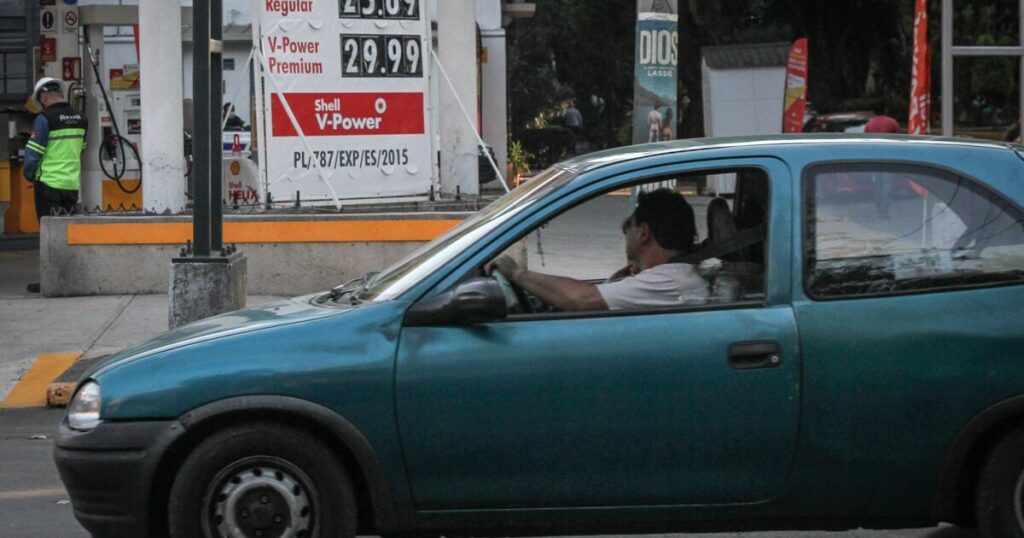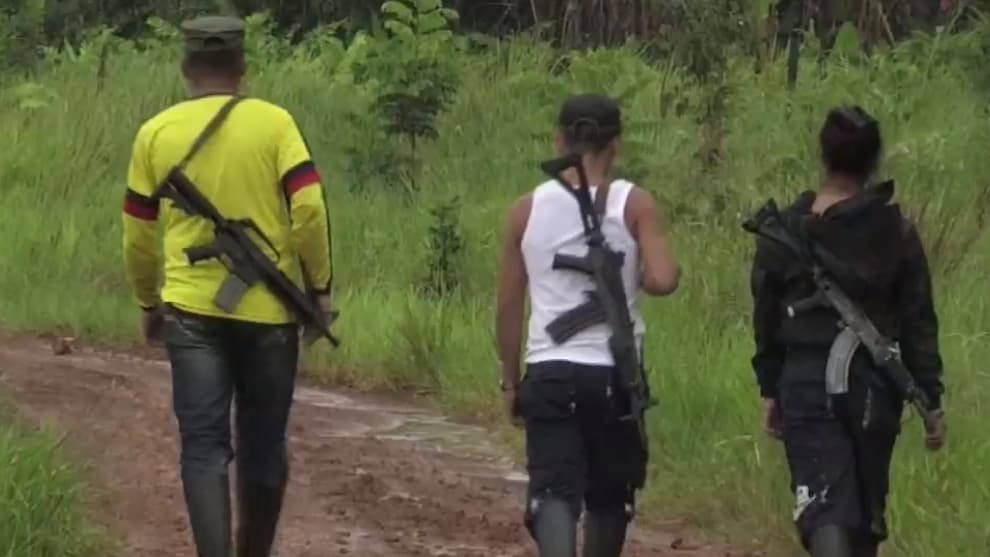The government decided to postpone until March 15 the imposition of a transit visa on Cubans who make a stopover in its country, after three days of protests in front of its embassy, a diplomat from its legation in Havana reported on Friday.
“For humanitarian reasons, the grace period is extended for an additional 72 hours” from March 13 to 15, so that all citizens of Cuban nationality can “travel in transit through Panama without the need to present a transit visa,” he said in a statement. statement the third secretary of the embassy, Abdiel García.
Thousands of Cubans, who plan to travel mainly to Nicaragua with a stopover in Panama, gathered since Wednesday in a park in front of the diplomatic representation to protest the imposition of a transit visa without prior notice, initially established as of March 8. .
“We want answers,” shouted the Cubans, who gathered in a park located next to the embassy, in the Miramar neighborhood, on Wednesday when it was cordoned off with an intense police presence. That night, Panama extended the term of entry into force of the measure to March 13, while the embassy began the delivery of transit visas on Thursday.
On Friday night there were still a good number of people in the park waiting for a solution, after constant protests and hundreds banging bottles on Thursday night. Many, who came from different provinces, spent the night there.
“We have been trying to defend, in the best sense of the word, the situation that has been presented to us,” said Oreste Llanes, coordinator of the government in Havana.
“It was a decree that was announced suddenly and the clients, the passengers, had no idea that this was going to happen,” he said, considering that the extension is progress.
Costa Rica made the decision in February to impose a transit visa, while the Colombian embassy suspended the issuance of visas until the accumulated ones are released.
Since Nicaragua eliminated the visa for Cubans on November 22, thousands of islanders have traveled to that country, an ally of Havana, to try to reach the United States.
According to analysts, Cuba is experiencing a silent exodus, when it faces its worst economic crisis in 27 years, dragged down by the drop in tourism during the pandemic and by the tightening of the embargo imposed by the United States, which aggravated the shortage of products.









